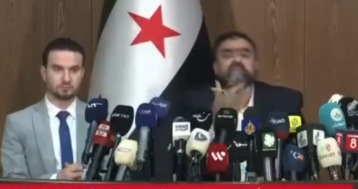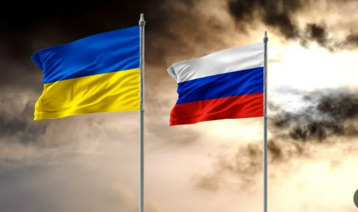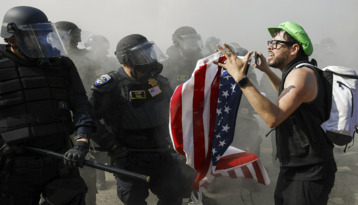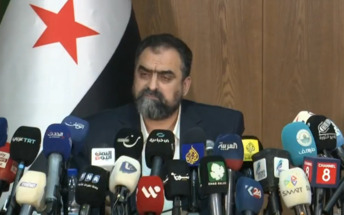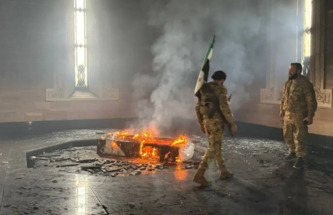-
Iranian media divided over reports of Musk meeting with Irvani
-
Iran's categorical denial of the meeting between Musk and its ambassador highlights the tension in Iranian media's handling of these conflicting claims about foreign policy
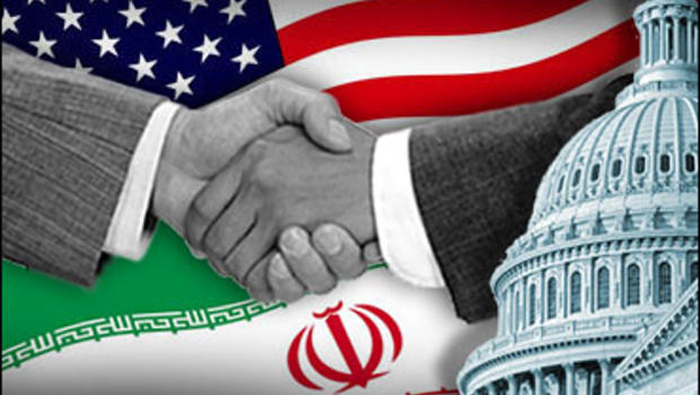
On Saturday, the Iranian Foreign Ministry categorically denied any meeting between American billionaire Elon Musk and Iran's ambassador to the United Nations, Amir Saeed Irvani, describing the media's reporting of this news as "astonishing," according to a statement by Foreign Ministry spokesman Ismail Baqai to IRNA.
The denial came in response to a report published by The New York Times on Thursday, claiming that Musk, who is known for his closeness to the newly elected US President Donald Trump, met with the Iranian ambassador in a "secret" meeting that lasted more than an hour on Monday.
The report, citing anonymous Iranian sources, stated that the meeting was described as "positive" and came as an attempt to ease tension between Washington and Tehran.
Read also: Iranian hackers breach data of Israeli nuclear scientists
Despite the meeting not being officially confirmed by Trump's team or the Iranian mission, the Iranian media was divided over the allegations. "Jomhouri-e Eslami" newspaper described the alleged event as "potentially representing a new path in foreign relations," while the conservative "Kayhan" newspaper strongly criticized any attempt to negotiate with what it called the "American terrorist regime," considering the meeting as "naivety or treason."
Other reports pointed to Elon Musk's growing influence, who is seen as a figure close to Trump, especially after his participation in phone calls between Trump and international leaders during his election campaign.
The reformist "Ham-Mihan" newspaper opined that if the claims are true, they indicate a multilateral diplomatic approach, but called for caution in interpreting its dimensions.
Relations between Iran and the United States have been severed since 1980 and escalated under Trump, who withdrew from the nuclear deal in 2018 and re-imposed severe sanctions on Tehran.
Nevertheless, scattered signs from both sides show the possibility of reconsidering the diplomatic path. In this context, Iran expressed its readiness to clarify the international community's concerns about its nuclear program, while affirming its rejection of negotiation under "pressure and intimidation."
Levant-Agencies
You May Also Like
Popular Posts
Caricature
BENEFIT Sponsors BuildHer...
- April 23, 2025
BENEFIT, the Kingdom’s innovator and leading company in Fintech and electronic financial transactions service, has sponsored the BuildHer CityHack 2025 Hackathon, a two-day event spearheaded by the College of Engineering and Technology at the Royal University for Women (RUW).
Aimed at secondary school students, the event brought together a distinguished group of academic professionals and technology experts to mentor and inspire young participants.
More than 100 high school students from across the Kingdom of Bahrain took part in the hackathon, which featured an intensive programme of training workshops and hands-on sessions. These activities were tailored to enhance participants’ critical thinking, collaborative problem-solving, and team-building capabilities, while also encouraging the development of practical and sustainable solutions to contemporary challenges using modern technological tools.
BENEFIT’s Chief Executive Mr. Abdulwahed AlJanahi, commented: “Our support for this educational hackathon reflects our long-term strategic vision to nurture the talents of emerging national youth and empower the next generation of accomplished female leaders in technology. By fostering creativity and innovation, we aim to contribute meaningfully to Bahrain’s comprehensive development goals and align with the aspirations outlined in the Kingdom’s Vision 2030—an ambition in which BENEFIT plays a central role.”
Professor Riyadh Yousif Hamzah, President of the Royal University for Women, commented: “This initiative reflects our commitment to advancing women in STEM fields. We're cultivating a generation of creative, solution-driven female leaders who will drive national development. Our partnership with BENEFIT exemplifies the powerful synergy between academia and private sector in supporting educational innovation.”
Hanan Abdulla Hasan, Senior Manager, PR & Communication at BENEFIT, said: “We are honoured to collaborate with RUW in supporting this remarkable technology-focused event. It highlights our commitment to social responsibility, and our ongoing efforts to enhance the digital and innovation capabilities of young Bahraini women and foster their ability to harness technological tools in the service of a smarter, more sustainable future.”
For his part, Dr. Humam ElAgha, Acting Dean of the College of Engineering and Technology at the University, said: “BuildHer CityHack 2025 embodies our hands-on approach to education. By tackling real-world problems through creative thinking and sustainable solutions, we're preparing women to thrive in the knowledge economy – a cornerstone of the University's vision.”
opinion
Report
ads
Newsletter
Subscribe to our mailing list to get the new updates!

